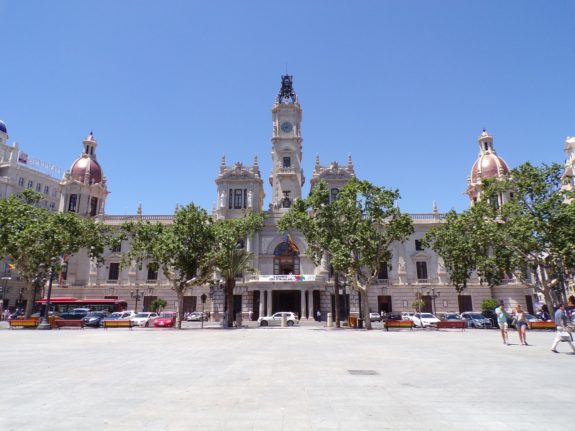The number equates to a 1.26 percent growth in the population, with an increase of almost 600,000 people within the year, an INE statement said.
Figures show that Spain’s population stood at 48,085,361 inhabitants on January 1, 2023, up from 47,486,727 a year earlier, it said.
Of the overall number, 6,089,620 are foreign nationals who make up 12.7 percent of the population.
One factor driving the increase was Russia’s war on Ukraine, which began in February 2022 and prompted hundreds of thousands to flee with some 83,401 Ukrainians moving to Spain that year, the figures showed.
In relative terms, that meant the number of Ukrainians in Spain increased by 76 percent in 2022.
READ ALSO: Older and more diverse – What Spain’s population will be like in 50 years
Ukrainians made up the second-largest group of foreign nationals moving to Spain after Colombians, with 142,391 new arrivals registered that year, and 64,498 Venezuelans.
Of the foreign nationals living in Spain, the largest group are Moroccans (893,953), then Romanians (629,755) and Colombians (453,911).
Italians represent the largest EU foreign population group in Spain with 301,791.
There are also 284,037 UK nationals residing in Spain, according to the latest INE population stats.
Another body which keeps a census of Spain’s population is the Immigration Observatory of Spain’s Ministry of Inclusion, Social Security and Migration, but their data rarely coincides with INE’s.
The reason for this discrepancy is explained by the fact that INE primarily uses local census information from the town halls (padrón address registrations, birth, death certificates etc) rather than migration documents.
The largest number of foreign nationals to leave Spain in 2022 according to INE were Romanians, whose number fell by 9,742, and UK nationals with 7,328 fewer than a year earlier.
Currently, one in three children born in Spain have at least one foreign parent.
READ ALSO:



 Please whitelist us to continue reading.
Please whitelist us to continue reading.
Twice the size of the UK and we have 70 million, what’s the problem?